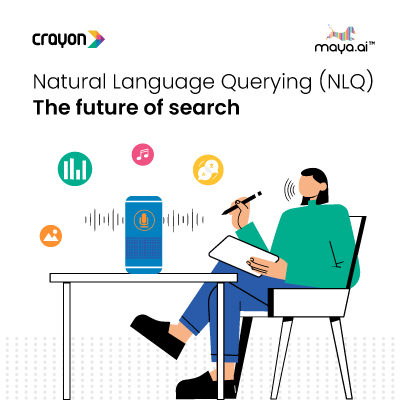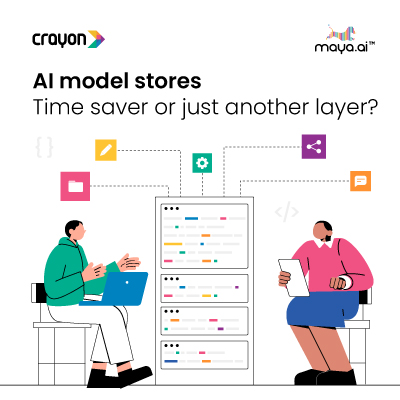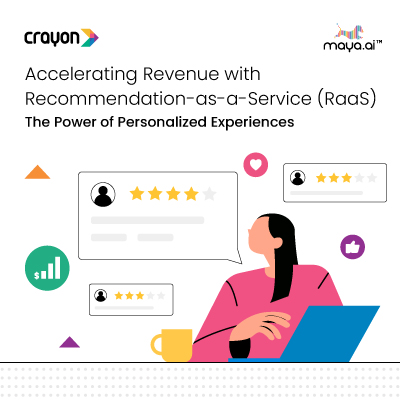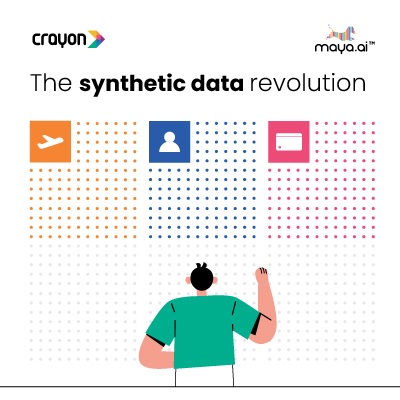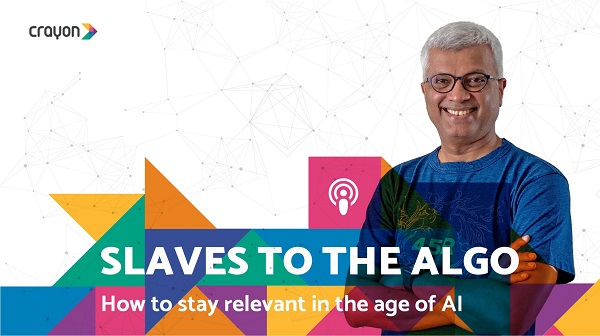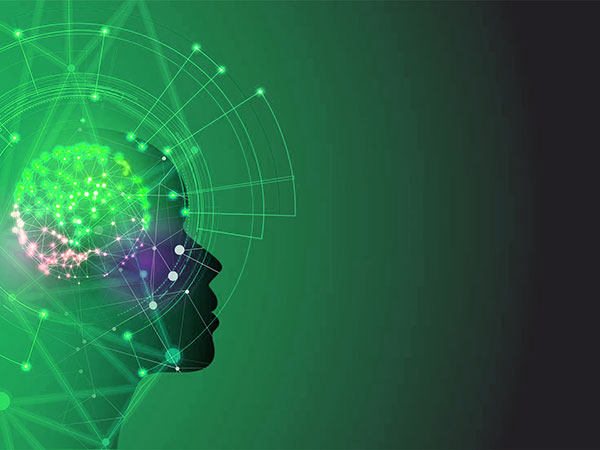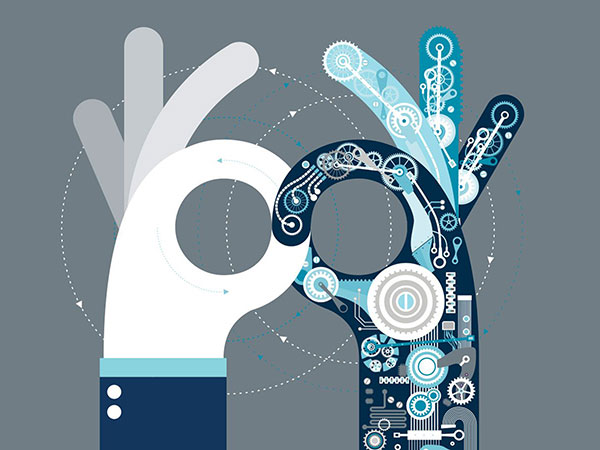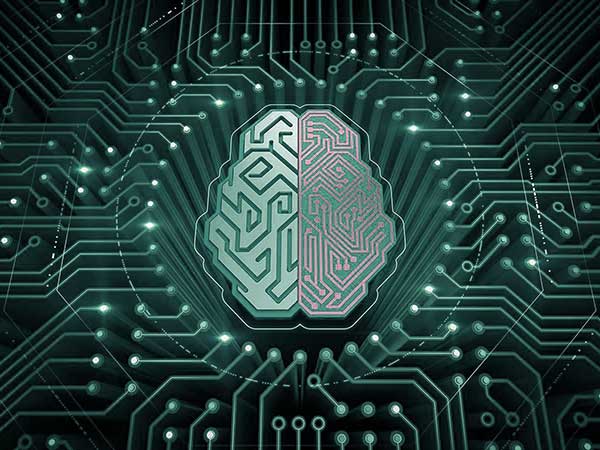Today, there are 703 million people aged 65 and older, a number that is expected to more than double by 2050, according to a report by the United Nations Department of Economic and Social Affairs. The population of older adults is growing faster than any other age group, and while this is great news for humanity, it will come with various social, economic and health challenges, one of them being a sharp rise in the demand for senior care services. Many seniors who live at home need someone to take care of them, and with their population growing, the senior care industry may soon be overwhelmed by the growing demand. This is where artificial intelligence (AI) comes in. AI is currently one of the most exciting technologies available, and when used properly, it has the potential to assist seniors who prefer to age in place in many ways.
Promoting better healthcare
Healthcare is one of the industries that will benefit the most from AI, which is of great benefit to seniors. One way that AI will improve healthcare for this demographic is by providing constant health monitoring. Older adults face many health risks, and continuous supervision coupled with quick diagnosis could prove to be lifesaving in some cases. Using monitoring devices and sensors, AI can perform accurate detection and prevention of various physical, mental and cognitive health risks. For instance, companies like Fitbit and Apple have AI-powered wearable trackers that seniors can use to monitor their biometric data and detect potential health problems early when they’re still easy to treat.
AI can also help seniors living at home to stay on top of their medications. Without someone to guide them, some seniors may take duplicate or unnecessary medications, while others may forget to take them altogether, increasing the risk of adverse reactions. To prevent this, AI-based smartphone app AiCure leverages smartphone cameras and AI to ensure that the user is adhering to the doctor’s prescriptions and pops out automatic alerts if the medications are not taken properly. This can be especially helpful for seniors with memory lapses and difficulties with vision, cognition and dexterity.
Improving accessibility at home
More than 46 percent of older adults have disabilities, according to the United Nations. Physical and cognitive functioning often declines as people grow older, increasing the incidence of disabilities that may limit seniors’ capabilities to age in place. Thankfully, AI has the capability to transform a senior’s home into a connected home where they can live comfortably despite having mobility, cognition, vision, hearing or other disabilities. For example, voice assistants such as Amazon Alexa or Google Home have a wide range of capabilities that are improving accessibility in seniors’ homes. Those facing cognitive disabilities can benefit from voice assistants, since they can make calls, report on the news and weather, play music, answer simple questions, and give reminders of important things. Voice assistants can also make it easier for those with mobility issues to control things like lights within the home, doors, windows, alarm systems and thermostats.
Boosting security and safety
Seniors living at home alone face a lot of security and safety threats. On the security side, they are easy targets for burglars, con men, and other criminals who might want to take advantage when they know they’re living alone. To boost security, seniors can install AI-based security systems comprising of smart cameras and sensors that continually monitor their homes and automatically alert them, their loved ones, and relevant authorities when there is a security threat. On the safety side, AI can be used to mitigate some of the risks that older adults face when living alone, including falls, fires and leaks. For instance, smart smoke detectors can detect fires in their early stages and automatically send alerts to the fire department and emergency services, potentially saving a senior’s life. Carbon monoxide detectors can also send alerts when the gas is in their home, allowing them to take appropriate action such as opening the windows.
Providing companionship
Seniors who live alone often feel lonely, which can also exacerbate various physical and mental health issues they could be dealing with. Those who don’t have family members close usually turn to caregivers and nurses, an option that is quickly becoming unavailable for many seniors as the demand exceeds the number of caregivers available. This is where AI-based virtual companions come in. Robots like Israel’s Intuition Robotics’ ElliQ can hold conversations with seniors, give medication reminders, and lead them in physical activities that promote good physical and mental health.
The number of applications of AI in seniors’ homes is growing as the demand continues to rise. When deployed properly, AI can help older adults to take better care of themselves, allowing them to age in place more comfortably. With more research and development into AI, the technologies and benefits it provides for older adults will only keep improving.


